Britain & Ireland 1745-1901
The relationship between Britain and Ireland is explored here across a number of articles. Particular themes assessing and exploring social reform on matters such as housing, industrial change and emerging civil rights are included here. Key individuals from the world of politics, science and women’s rights are also examined in detail.
Sort by:
Date (Newest first) | Title A-Z
Show:
All |
Articles |
Podcasts |
Multipage Articles
-

Past Time Toolkit: new learning resource about Victorian Prisons
20th April 2020Click to view -
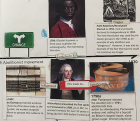
Unravelling the complexity of the causes of British abolition with Year 8
ArticleClick to view -

Women and Gender in the French Wars
PodcastClick to view -
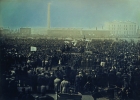
Teaching Year 8 pupils to take seriously the ideas of ordinary people from the past
ArticleClick to view -
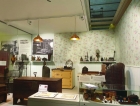
Triumphs Show 176: Using material culture as a means to generate an enquiry on the British Empire
ArticleClick to view -
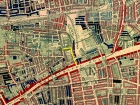
Using an anthology of substantial sources at GCSE
ArticleClick to view -
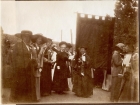
Polychronicon 174: Votes for Women
ArticleClick to view -

Peterloo: HA interview with Mike Leigh and Jacqueline Riding
ArticleClick to view -
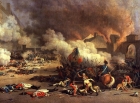
Age of Revolutions Resources
InformationClick to view -

Podcast Series: The Age of Revolutions
Multipage ArticleClick to view -
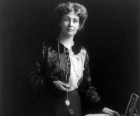
Podcast Series: The Women's Movement
Multipage ArticleClick to view -

Podcast Series: Politics, Reform and War
Multipage ArticleClick to view -

Podcast Series: Religion in the UK
Multipage ArticleClick to view -
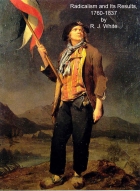
Radicalism and its Results, 1760-1837
ArticleClick to view -

The Victorian Age
ArticleClick to view -

Podcast Series: Britain's Changing Population
Multipage ArticleClick to view -

Podcast Series: British LGBTQ+ History
Multipage ArticleClick to view -
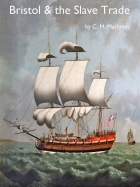
Bristol and the Slave Trade
ArticleClick to view -
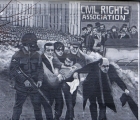
Podcast Series: Modern Irish History
Multipage ArticleClick to view -
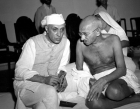
Podcast Series: The British Empire 1800-Present
Multipage ArticleClick to view

